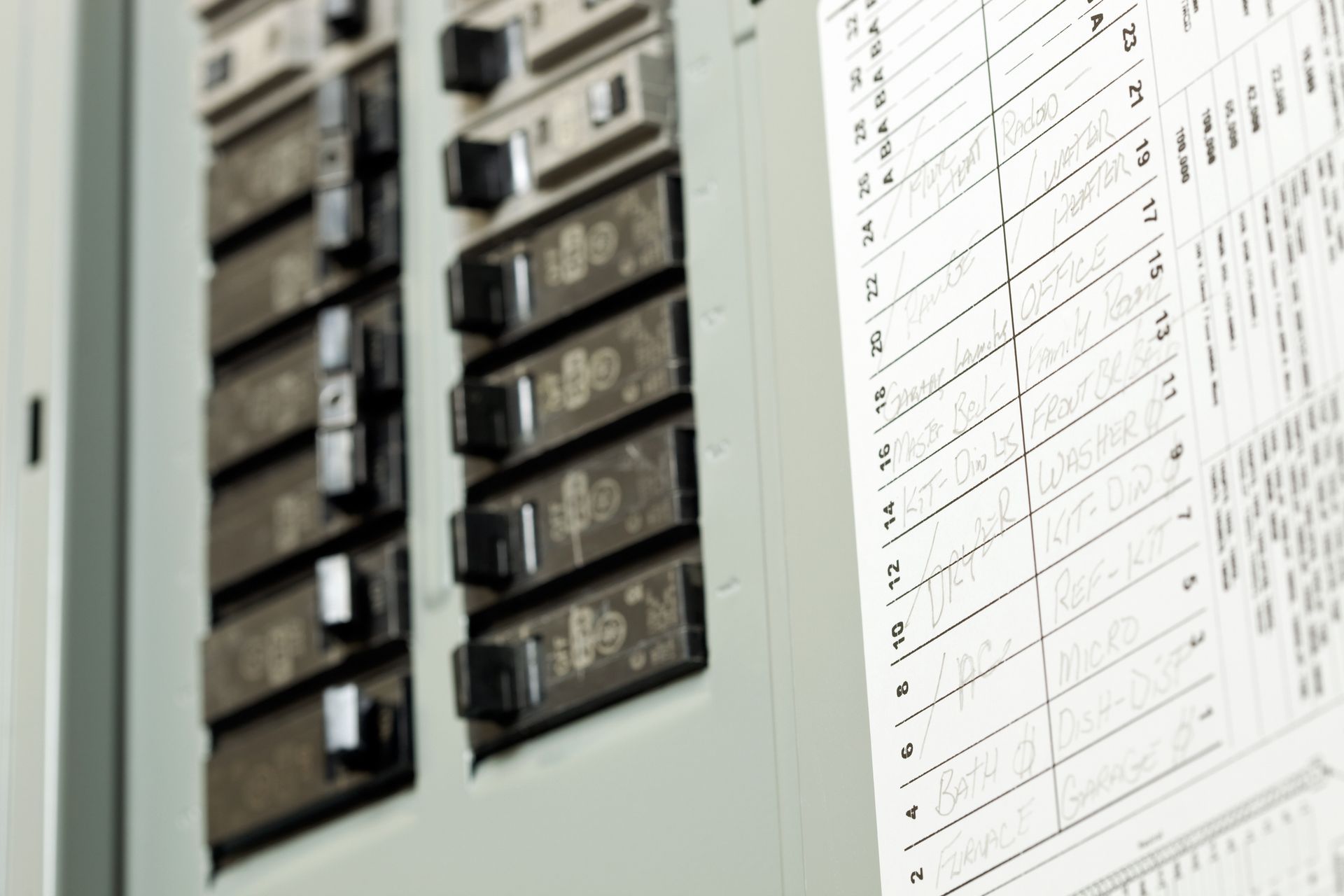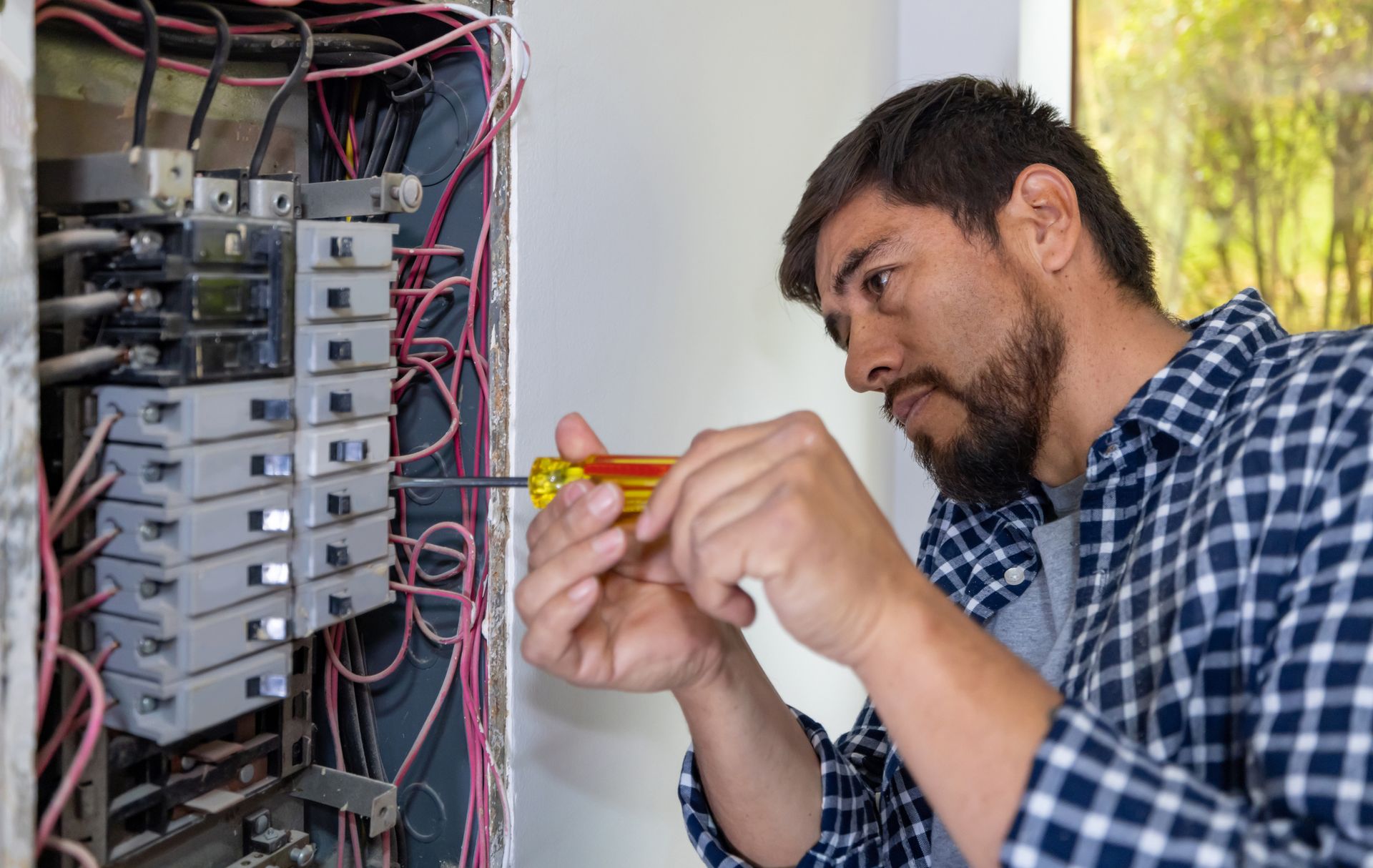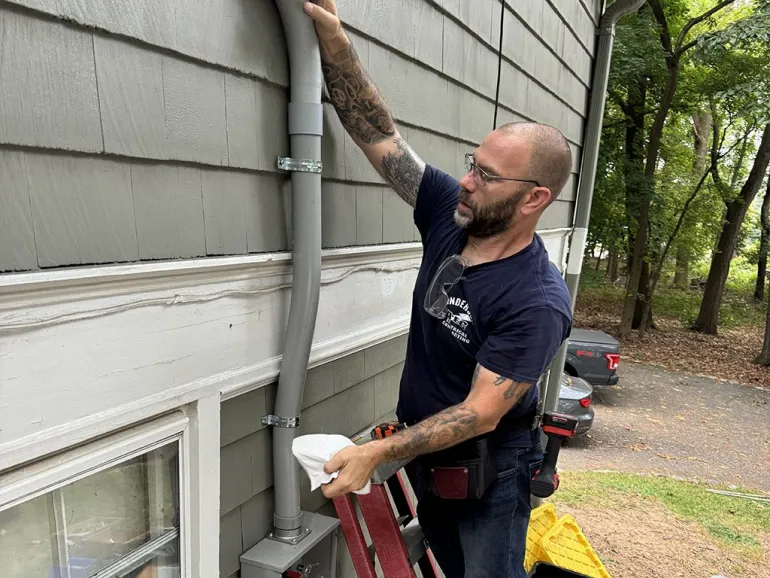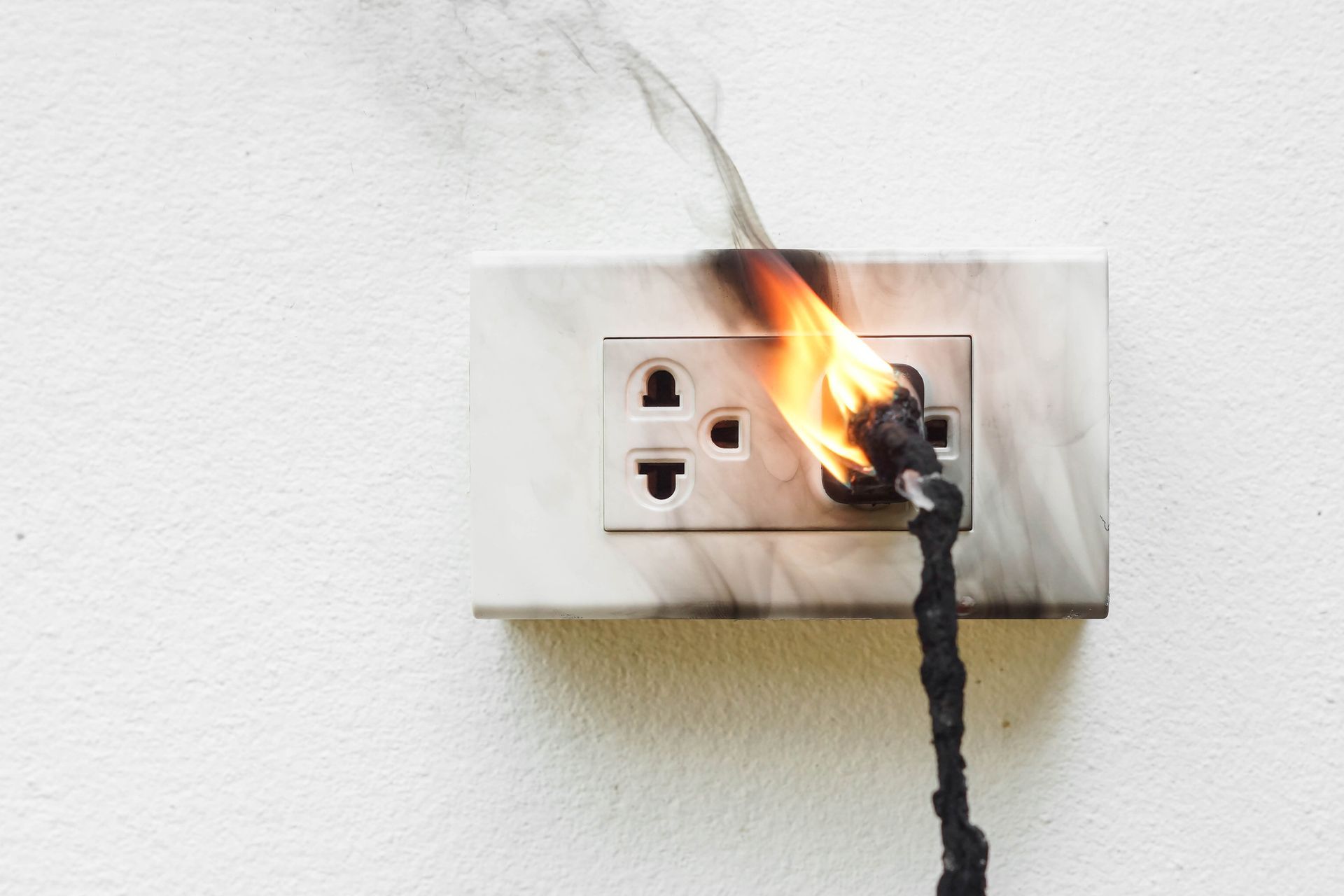Get in Touch With us Today!
CALL NOW 973-857-4333
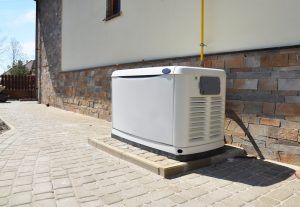
You’re thinking about installing a whole home generator in Montclair, NJ in case of a power outage. We think this is an excellent idea. Grid failures can create severe problems for homes, especially in the heights of winter and summer when a household relies on comfort from the HVAC system just to get by. For homes where residents rely on powered medical equipment, a back-up generator can be a literal life-saver.
But once you decide about installing a generator, what’s the next step? Generators come in different “sizes,” meaning how much voltage they supply to a home. You need a generator large enough to meet your needs, but not so large it causes damage or electrical shorts.
A Generator Must Be Sized Professionally
The first step is the easiest step. You call our electricians and ask about a new whole-house generator. We’re experienced with the task of matching generators to homes and working with customers to find out exactly what needs power in case of a blackout.
We’ll go through the standard steps of sizing a generator to give you an idea of the process.
First, how big is your house?
Although the square footage of a house isn’t an absolute when it comes to electrical power, it’s the best starting place for finding out how much power a generator must supply. After all, the bigger the home, the more appliances, and lights it will have, and our electricians will have a basic minimum size starting point. House size helps most with determining how to keep the lights on.
Now, how powerful is the HVAC system?
Maintaining comfort during heat waves and the deepest winter cold is a primary reason to have a generator in the first place, and you’ll almost certainly want enough power to run the air conditioner and to power the electrical components of a gas furnace. (Yes, a gas furnace does need electrical power to operate.) The AC’s size is usually the most important factor: the cooling tonnage (from 2 to 5 tons in most homes) is an essential part of accurately sizing a generator.
What else do you want powered?
Now we get to the part where you’ll most appreciate having professionals on the job. You’ll need to make choices about what appliances and systems in your house are most important to keep powered during an outage. You’ll start with thinking about essentials: medical equipment, the water heater (gas and electric have different requirements), the refrigerator, the sump pump.
Next, are the appliances. How much of your kitchen do you need in service during a blackout? Gas stoves usually have no need for electricity. Do you need to use the microwave? What about the dishwasher? In other parts of the house, you’ll have to consider the laundry machines and the garage door opener.
Finally, you have what might be considered “non-essentials,” but which may be important to you. This includes the Wi-Fi, computers, the security system, television monitors, even a pool heater.
Once our technicians have this data, they can calculate out how much voltage your future generator needs to supply to keep your family safe and happy in the event of a loss of electricity.
SAFETY · DEPENDABILITY · SERVICE: Call Anderson Electric Corp. for generator installation and other generator services in Northern Jersey.

